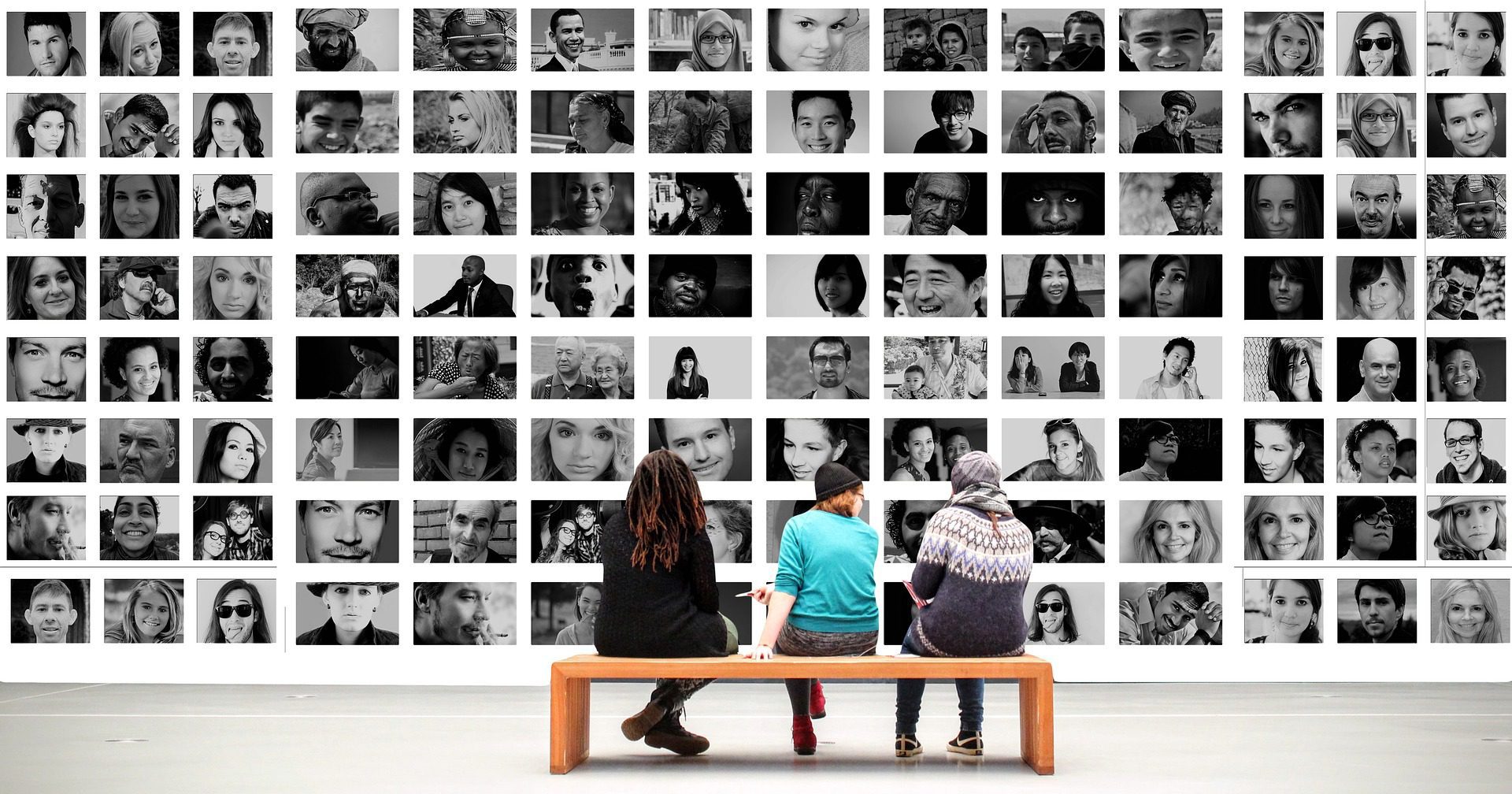

Sometimes, out of either determination or frustration, we intentionally embark on a journey to discover the tools we need to navigate life’s difficulties. At other times, however, the tools or teachers we need seem to discover us. Such was the case with myself and the Enneagram, which I stumbled upon as a very lost twenty-something year old.
Having realized I was at a significant inflection point in my life, I did the next logical thing, which is to say that I ducked out of my life altogether and boarded a plane to India. I had no plan beyond the two month stint I was to spend volunteering in Kolkata. I remember feeling as though my compass was spinning, a fact that would keep me awake at night, but that I resisted admitting to myself or anyone else. It was then, that a chain of normal, everyday events in the months prior began to unfold into a bizarre set of circumstances while in India, and coalesced in a moment of profound recognition for which even years later I am deeply grateful. The Enneagram had landed squarely in my path and precisely at the perfect time.
For those who may be unfamiliar, the Enneagram is a dynamic human development system, perhaps the oldest in history, believed to date back to the late 4th century. Interestingly, in its current form, the Enneagram combines a rich teaching tradition and spiritual method with a Western psychological model. The nine-pointed figure of the Enneagram describes nine personality types, each with a distinct core belief about the nature of the world. This core belief is useful but can also be self-limiting and contributes to distinct patterns of thinking, feeling, and behaving.
As the Enneagram suggests, our personality-driven patterns and habits prevent us from contacting a deeper experience of ourselves and others. In developing greater awareness of these patterns, and through the conscious and consistent practice of relaxing our inner resistance, we learn to cultivate a deeper quality of presence.
As with many wisdom traditions, I have noticed that the more I learn, the more there is to learn. In fact, the initial fascination and appreciation I felt for this work as a lost 20-something year old has only deepened over the years. I have since studied and trained with many of the thought leaders in this work and have taken the Enneagram into the prison system and shared it with business leaders and high-performing teams. I have introduced it to corrections personnel and law enforcement agencies, and supported military veterans and their families. I have personally shared this work with individuals from more than a dozen countries and observe that there is something both deeply personal and universal in the wisdom of the Enneagram.
In retrospect, what I have noticed through my work with this tool is that there are two simple things a person needs in order to make substantial progress in their own development: curiosity and a sense of humor. The Enneagram, properly held, invites us to become more receptive to our direct experience. An open mind and a heart that is kindly disposed has not failed me yet, not once, even amid the most difficult of circumstances. I could never do the work I now find myself doing without having been lost in my own wilderness.
“We teach what we need to learn,” says my dear friend and esteemed Enneagram teacher Terry Saracino. How true. How strange. How wonderfully humorous that each of us are always, ever, and yes even accidentally, on our path.
In the course Introduction to the Enneagram, Evan Turner offers us the Enneagram as a potent tool for self-awareness. The Enneagram helps us find our distinct coping strategy as well as our distinct pathway to growth and development in one of nine types. Bells will ring as Evan describes the 9 personality types and their coping strategies to handle anger, grief and fear. Learn More Here.

Evan Turner
Evan Turner is a writer, consultant and certified Enneagram teacher based in Nashville, TN.
More Posts by Evan Turner